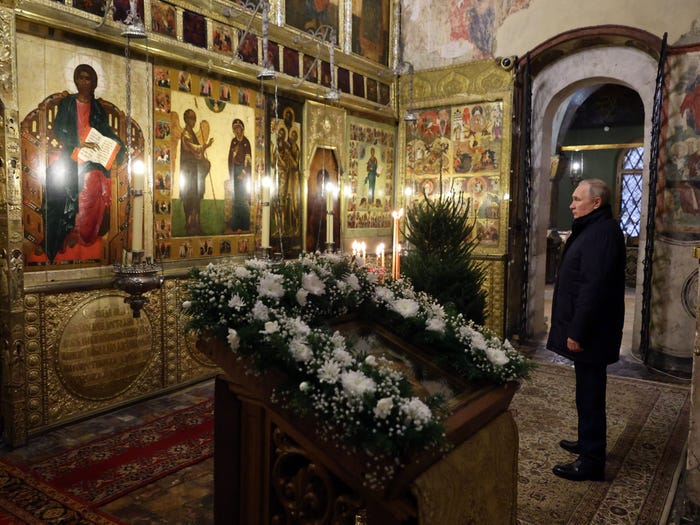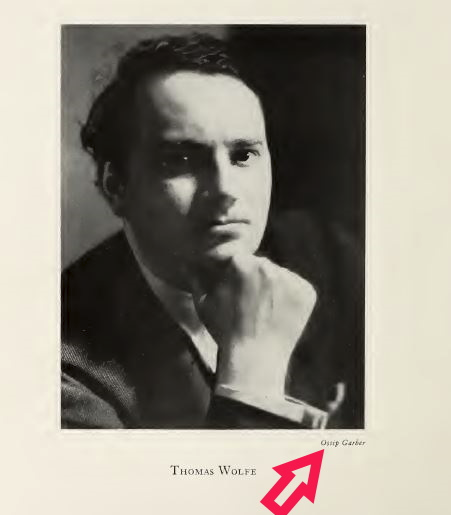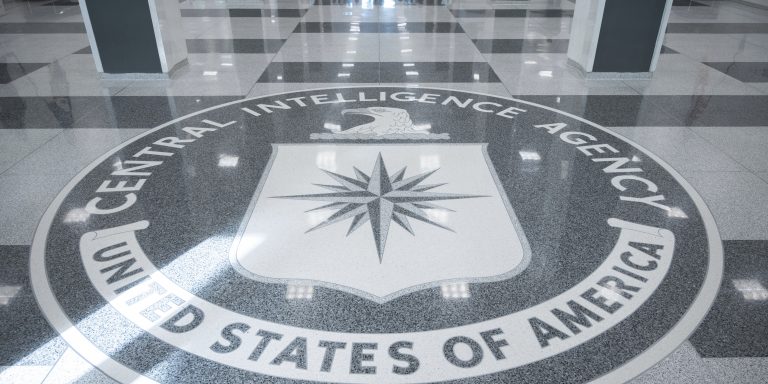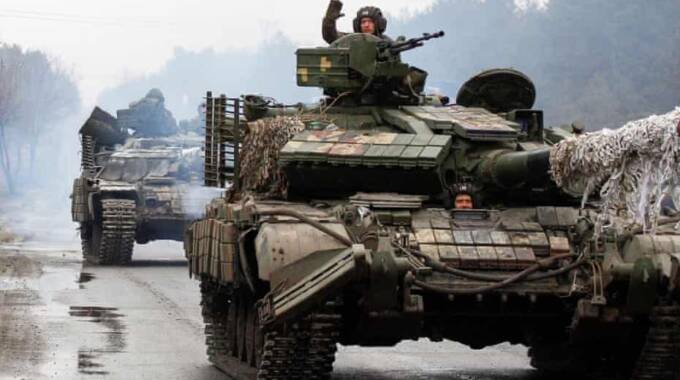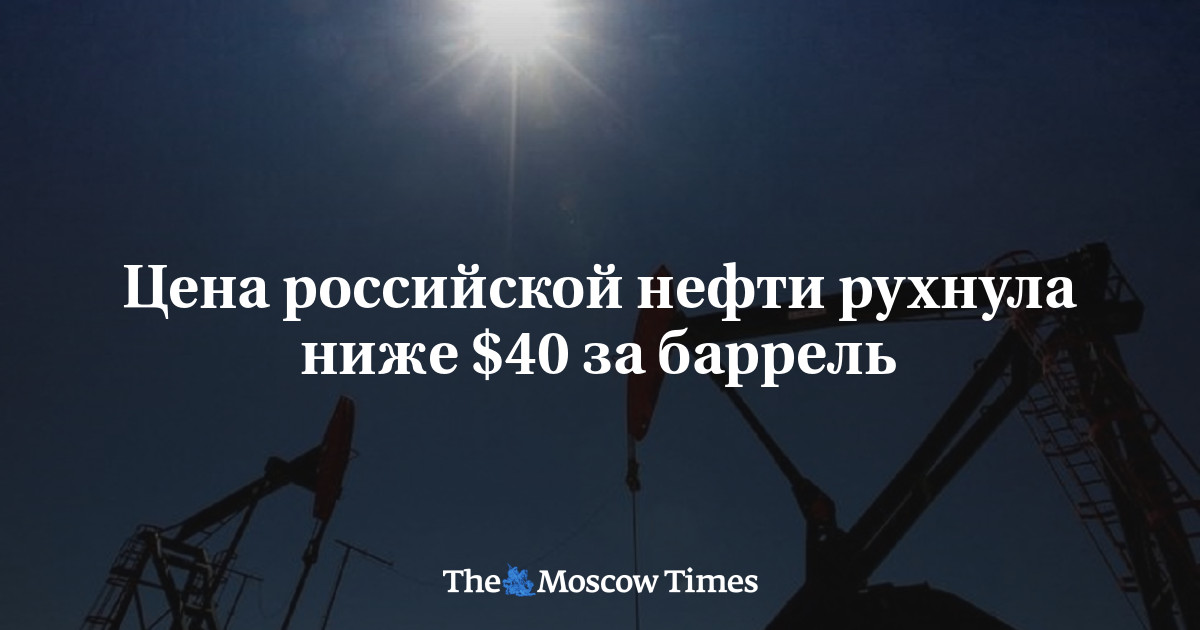The Justice Department is reviewing the discovery of classified documents in a private office used by Joe Biden between the end of his vice presidency in 2017 and the start of his 2020 campaign for the presidency, the White House confirmed on Monday.
In a statement, Richard Sauber, special counsel to the President, said, “The White House is cooperating with the National Archives and the Department of Justice” regarding the matter. “The documents were discovered when the President’s personal attorneys were packing files housed in a locked closet to prepare to vacate office space at the Penn Biden Center in Washington, D.C.” The statement added: “Since that discovery, the President’s personal attorneys have cooperated with the Archives and the Department of Justice in a process to ensure that any Obama-Biden Administration records are appropriately in the possession of the Archives.”
[time-brightcove not-tgx=”true”]
CBS News first reported on the documents.
When, where, and how were the classified documents found?
Sauber said the documents were discovered on Nov. 2, 2022, “when the President’s personal attorneys were packing files housed in a locked closet to prepare to vacate office space at the Penn Biden Center in Washington, D.C.”
That was six days before Election Day for the U.S. midterms and 16 days before the Department of Justice appointed a special counsel to investigate former President Donald Trump’s handling of classified documents.
Sauber added that the White House Counsel’s office immediately notified the National Archives and Records Administration of the discovery, and the agency took the documents under custody the next day.
What is the Penn Biden Center?
The Penn Biden Center for Diplomacy and Global Engagement is a research institution in Washington D.C. operating independently of the Biden administration. It launched in 2018 and is affiliated with the University of Pennsylvania, from which Biden earned more than $900,000 as an honorary professor and paid speaker between 2017 and 2019, according to the Philadelphia Inquirer.
Some sitting officials of the Biden administration were previously linked to the center, including Secretary of State Antony Blinken, who was a managing director in 2018, and Counselor to the President Steve Ricchetti, who was a managing director in 2019.
The Penn Biden Center’s office is located around a mile away from the White House. Biden used the space “periodically” before his 2020 presidential campaign, according to the statement from his attorney on Monday.
Is an investigation underway?
After the President’s attorneys alerted the National Archives, a source told CBS that representatives from the National Archives then notified the Justice Department. According to CNN, which confirmed CBS’s reporting, the Archives “came to view the situation as a mistake due to lack of safeguards for documents.” A referral letter was reportedly sent to the Justice Department in November to look into the matter.
Under the Presidential Records Act, official documents of the president and his staff—including the vice president—must be turned over to the National Archives at the end of their term.
Attorney General Merrick Garland has reportedly asked U.S. Attorney John Lausch Jr. to head the preliminary investigation. CBS also reports that the FBI is involved in the inquiry. According to CBS, Lausch recently briefed Garland and the investigation is reportedly expected to conclude soon. After Lausch submits a final report, Garland will determine whether a special counsel investigation is necessary.
Who is John Lausch Jr.?
Lausch currently serves as the U.S. Attorney for the Northern District of Illinois. He was appointed in 2017 by President Trump and confirmed unanimously in the Senate by a voice vote.
Lausch is a rare Trump-appointed U.S. attorney not asked to resign by the Biden administration, after the two Democratic senators from Illinois vouched for him “to remain in office to conclude sensitive investigations.” Chicago Mayor Lori Lightfoot also commended Lausch for his work fighting gun violence and crime in the city.
The only other Trump-appointed U.S. attorney not asked to resign is David Weiss, whose Delaware office is investigating the President’s son Hunter Biden for potential tax crimes.
What do we know about the documents?
The statement from the President’s attorney described the records in question as “a small number of documents with classified markings.”
Sources told CBS that “roughly 10” classified materials were found in a box with other unclassified materials. According to CNN, “fewer than a dozen” classified documents were found, including “some top-secret files with the ‘sensitive compartmented information’ designation, also known as SCI, which is used for highly sensitive information obtained from intelligence sources.”
A source told CBS that none of the documents contained nuclear secrets.
Has this kind of thing happened before?
The Justice Department is currently investigating the fact that more than 300 classified documents were in Trump’s possession after his presidency.
Jack Smith—a former prosecutor for the Justice Department as well as for The Hague who is also overseeing the criminal investigation into whether there was unlawful interference in the Jan. 6, 2021, transfer of power—was appointed special counsel to lead the probe into Trump’s handling of those classified documents as well as any potential related obstruction of justice.
Several years ago, former Secretary of State Hillary Clinton also drew controversy for using a private email server instead of official State Department accounts during her tenure. The Department of Justice ultimately did not prosecute Clinton; an investigation that concluded in 2019 found that she did not deliberately mishandle classified documents.
How is the Biden case different from the Trump case?
The main difference between the two recent cases is how the sensitive documents were handled following their discovery.
The statement from President Biden’s counsel on Monday noted that the classified documents found in the former Vice President’s office “were not the subject of any previous request or inquiry by the Archives.” Biden’s legal team says it promptly surrendered all documents in question to the proper authorities and has been cooperating with inquiries into the matter.
In Trump’s case, the FBI had to obtain a search warrant and retrieve a cache of classified documents from the former President’s Mar-a-Lago estate after the National Archives engaged with Trump for months after he left office over the handling of presidential records. The Washington Post reported that the agency emailed Trump’s lawyers in May 2021, notifying that some two dozen boxes of original presidential records had not been turned over per protocol.
In January 2022, Trump’s representatives supplied the National Archives with 15 boxes of documents and added they were looking for additional records. The Justice Department then issued a subpoena for Trump to turn over any other classified materials in June. Upon suspicion that Trump failed to comply with the subpoena, federal investigators searched the resort in August, where they found 11 additional sets of classified documents.
Since the seizure of documents from his Mar-a-Lago home, Trump and his conservative supporters have argued that the investigation into him is politically motivated.
In an interview with 60 Minutes on CBS in September, Biden was asked to react to a photograph showing documents the FBI retrieved from Mar-a-Lago. The President questioned “how that could possibly happen, how anyone could be that irresponsible.”
What are Republicans and Democrats saying after the latest revelation?
Following the reports of the discovery of classified documents at the Penn Biden Center, Trump took to his social media platform, Truth Social, and wrote: “When is the FBI going to raid the many homes of Joe Biden, perhaps even the White House? These documents were definitely not declassified.”
House Speaker Kevin McCarthy told reporters on Monday that the discovery of the classified documents at the Penn Biden Center proved the investigation into Trump was politically motivated.
“I just think it goes to prove what they tried to do to President Trump,” he said, according to CNN, “[they] overplayed their hand on that.”
Kentucky Rep. James Comer, the new chair of the House Oversight Committee, echoed McCarthy’s remarks: “President Biden has been very critical of President Trump mistakenly taking classified documents to the residence or wherever and now it seems he may have done the same,” CNN reported that he said. “How ironic.”
“This is further concern that there’s a two-tier justice system within the DOJ with how they treat Republicans versus Democrats, certainly how they treat the former president versus the current president,” Comer added, according to the Associated Press.
Rep. Jim Jordan of Ohio said the American public should have known about this earlier. It is unclear why the White House did not reveal the documents’ discovery sooner.
“They certainly knew about the raid on Mar-a-Lago 91 days before this election, but [it would have been] nice if on November 2, the country would have known that there were classified documents at the Biden Center,” Jordan said, according to the AP.
A statement from the House Oversight Committee’s ranking member Democratic Rep. Jamie Raskin said: “Attorneys for President Biden appear to have taken immediate and proper action to notify the National Archives about their discovery of a small handful of classified documents found in a locked cabinet at the Penn Biden Center so they could be returned to federal government custody. I have confidence that the Attorney General took the appropriate steps to ensure the careful review of the circumstances surrounding the possession and discovery of these documents and make an impartial decision about any further action that may be needed.”
McCarthy seemed to cast doubt on the reported timeline. When CBS asked the new Speaker if there were material differences between the Trump and Biden cases because Biden’s attorneys “immediately” handed over the classified material, he reportedly responded, “Oh, really? They just now found them after all those years.”
“There’s going to be nuances,” former Republican Rep. Adam Kinzinger, who spoke out against Trump and served on the House select committee investigating Jan. 6, told CNN on Monday, but he highlighted how Trump will use the latest revelation to deflect from any of his own potential wrongdoing. “So from a political perspective, this is actually probably pretty bad. Not just for [Biden], but really for the idea of getting justice through the political system.”



